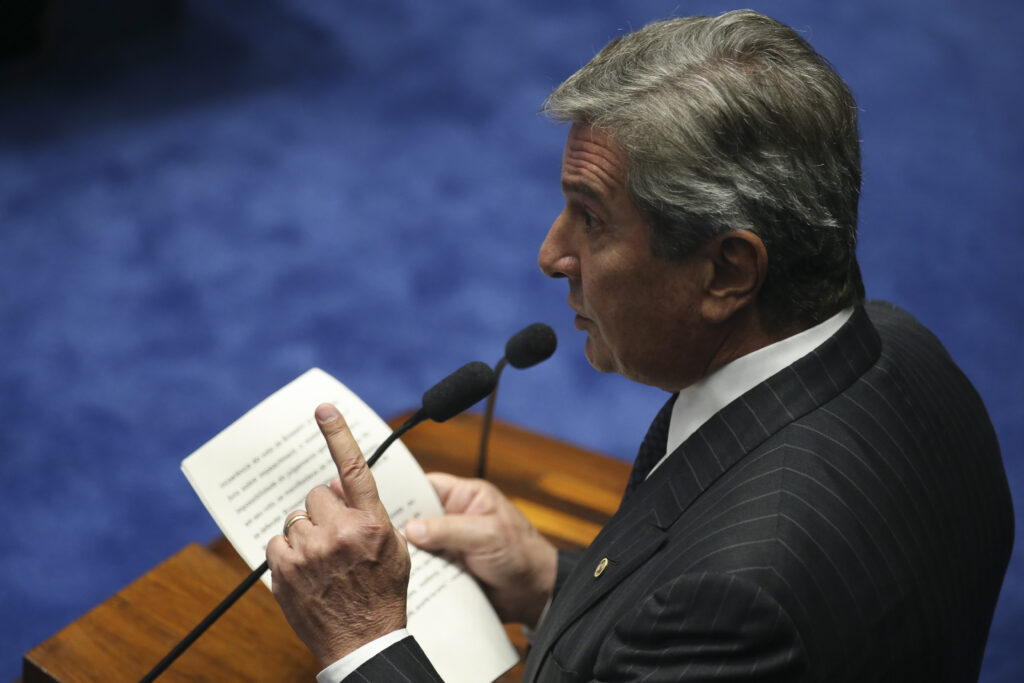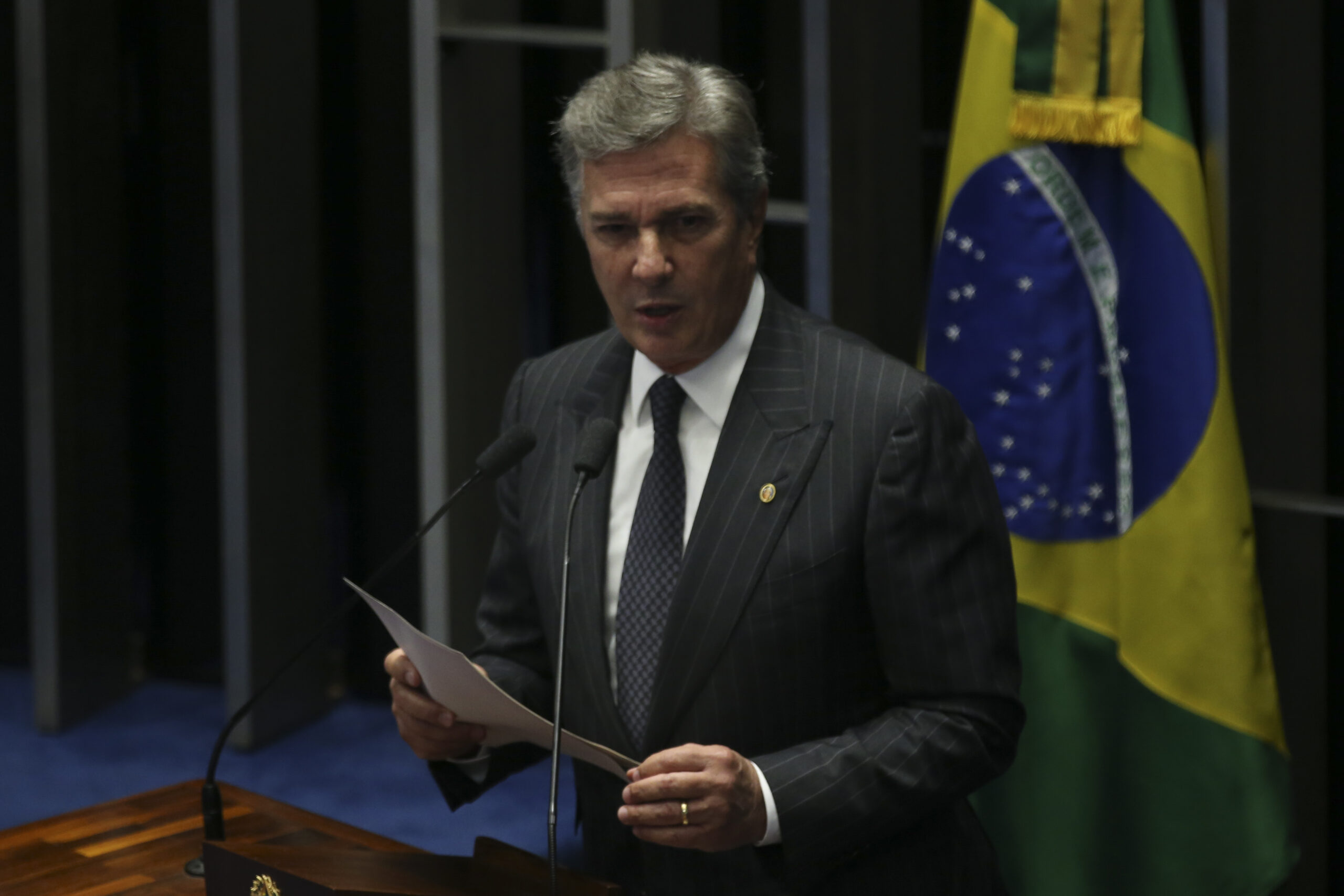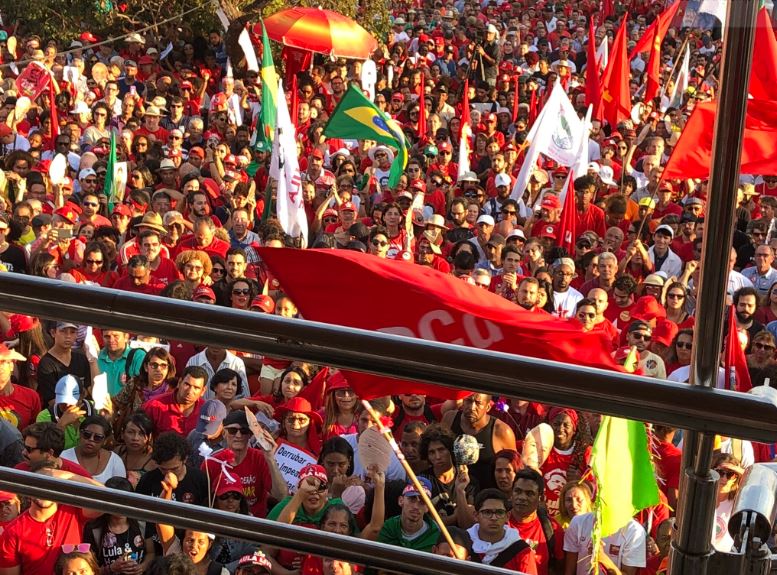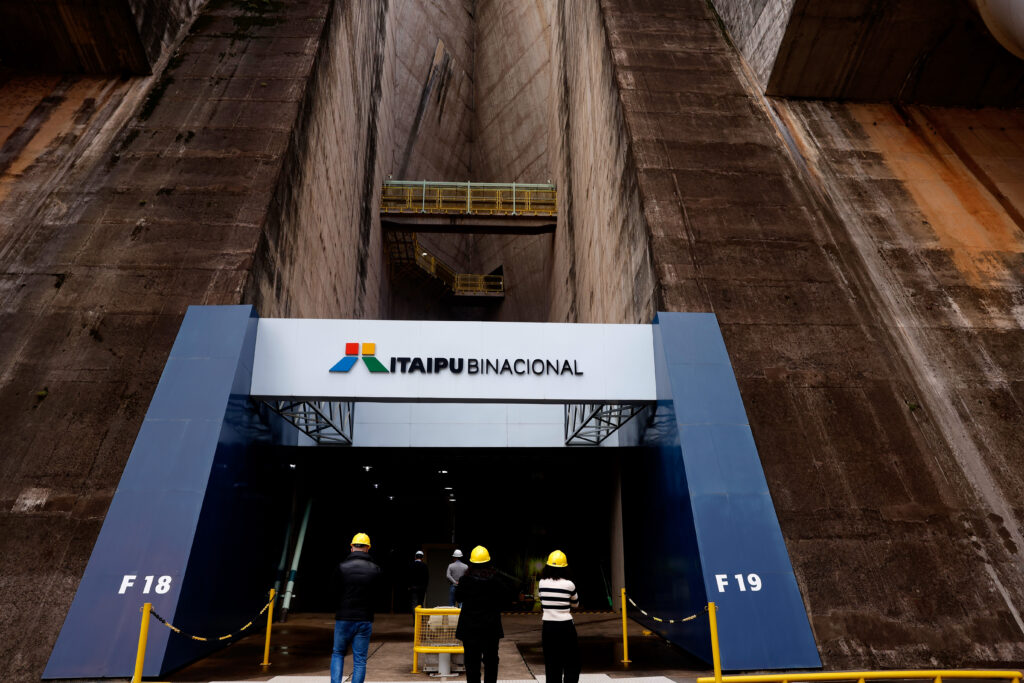São Paulo, Brazil – Fernando Collor de Mello, Brazil’s former president and a once-rising star in national politics, was arrested on Friday morning at an airport in the northeastern city of Maceió.
The arrest of the 75-year-old politician came two years after a 2023 ruling by Brazil’s Supreme Federal Court, which sentenced Collor to eight years and 10 months in prison for corruption. Collor had been tied up in Operation Car Wash, a sweeping investigation that uncovered systemic graft at the highest levels of Brazilian politics and business.
Supreme Court Justice Alexandre de Moraes issued the arrest warrant late Thursday after Collor exhausted all possible appeals in the case.
According to court documents, the former president received approximately R$ 20 million (about USD $3.5 million today) in bribes between 2010 and 2014 while serving as a senator.
In exchange, he allegedly facilitated contracts between BR Distribuidora, a former subsidiary of the state oil company Petrobras, and UTC Engenharia, a construction firm hired to build fuel distribution facilities.
Born in Rio de Janeiro in 1949, Collor built his political career in the northeastern Alagoas state, following in the footsteps of his father, Senator Arnon de Mello.
His rise was swift: He served as mayor of Maceió, a federal congressman, and as governor of Alagoas in the 1980s. In 1989, amid Brazil’s transition back to democracy after two decades of military dictatorship, he ran for president in the country’s first direct presidential election since 1964. He defeated labor leader Luiz Inácio Lula da Silva in a runoff and took office in March 1990 as Brazil’s 32nd president.
His presidency was marked by economic turmoil. Hyperinflation was rampant — reaching 82.3% in March 1990 alone — and Collor implemented a drastic stabilization plan that included the freezing of personal bank accounts holding more than 50,000 cruzeiros (roughly $1,300 at the time). The funds were to be held for 18 months and repaid in 12 installments with monetary correction and 6% annual interest. The plan failed, prompting a wave of lawsuits from citizens seeking the return of their money.
Those legal battles dragged on for decades until a 2018 settlement was approved by the Supreme Federal Court. The agreement, involving the Brazilian Consumer Defense Institute, the country’s banking federation, the Attorney General’s Office, and the Central Bank, paved the way for compensation. Still, nearly 300,000 people or their heirs continue to await full restitution.

(Fabio Rodrigues Pozzebom via Agência Brasil)
As his government struggled to manage the economic crisis, Collor was engulfed in a far-reaching corruption scandal. The most damaging allegations came from his brother, Pedro Collor, who accused the president’s campaign treasurer, Paulo César Farias, known as PC Farias, of orchestrating a kickback scheme exchanging political influence for bribes and public appointments. A congressional inquiry later confirmed that PC Farias had managed offshore accounts used to pay the personal expenses of Collor and his wife. Investigators estimated the scheme moved more than $1 billion.
Facing mounting political pressure, Collor resigned in December 1992 shortly before the Senate could vote on his impeachment.
In June 1996, Farias and his girlfriend were found dead from gunshot wounds at a beach house in Maceió. The circumstances of their deaths remain officially unsolved.
Collar returned to public office in 2006, winning the Senate election, where he served two consecutive eight-year terms.
In 2022, he made an unsuccessful bid for the governorship of Alagoas, finishing third in the race.
Featured image: Fernando Collor de Mello at a Senate session in 2016 (photo credit: Fabio Rodrigues Pozzebom via Agência Brasil)










